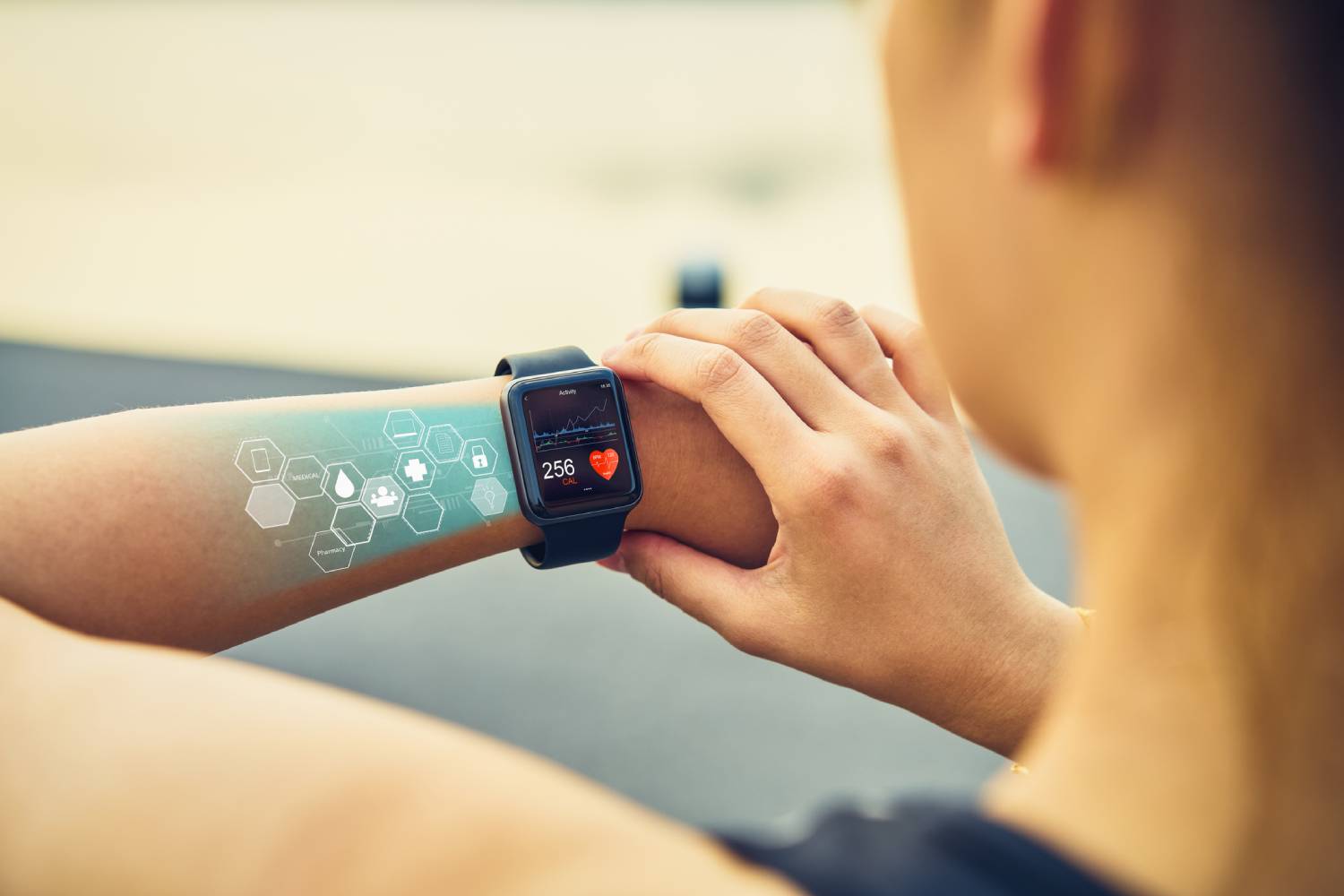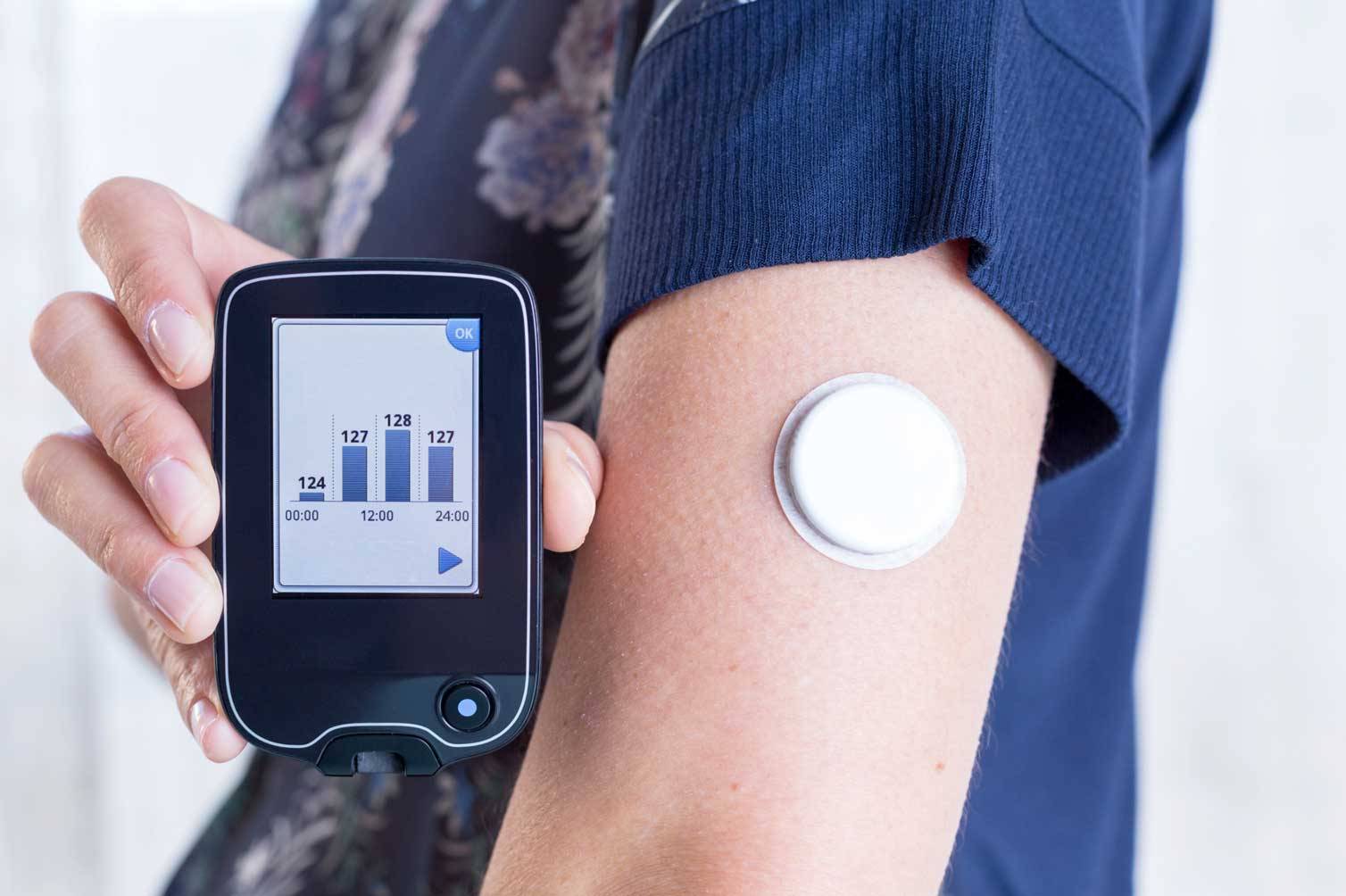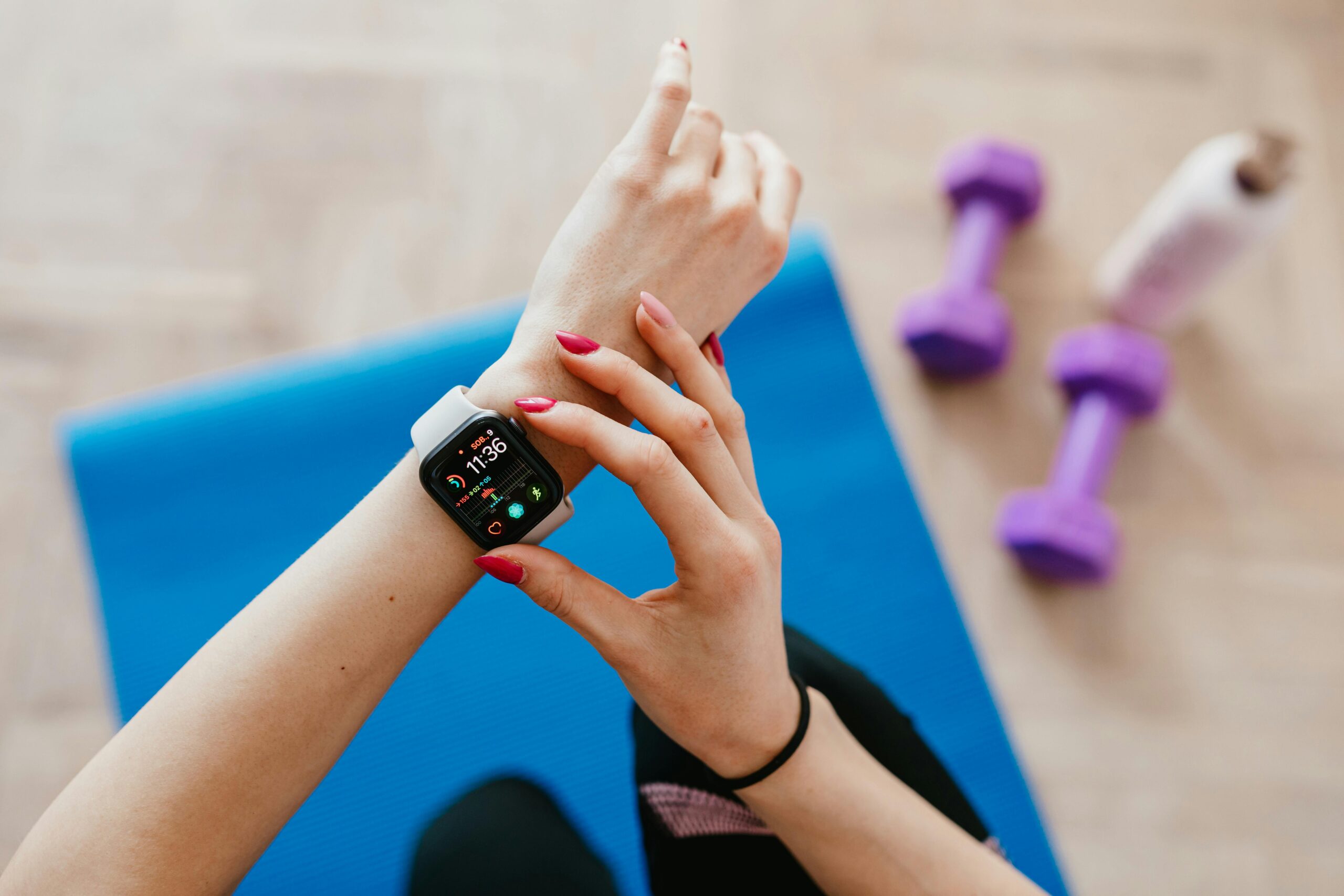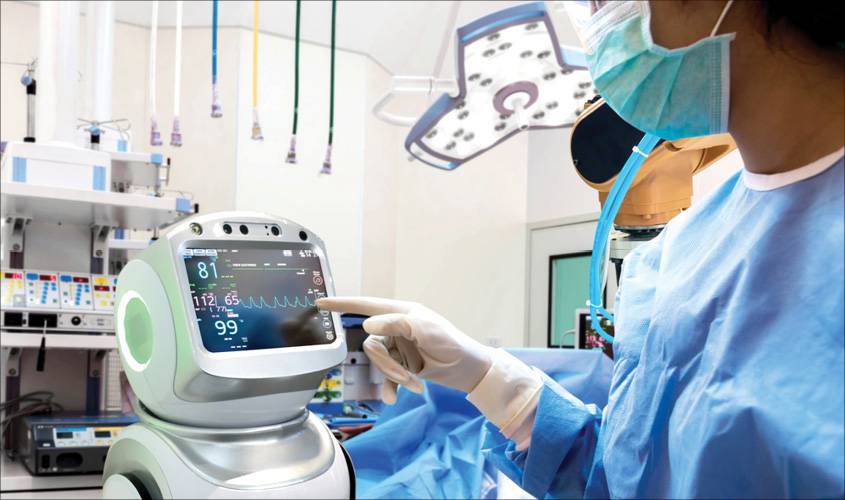
How Wearable Tech is Changing Healthcare
Wearable technology is the future of modern health systems. These devices not only improve personal health management but also change the way healthcare professionals monitor and treat patients. In this blog, you will learn more about how wearables are revolutionising healthcare and transforming it into a more beneficial process, its different application areas, and its possibilities for the future.
Key Benefits of Wearable Health Devices

Wearable health devices are now essential in healthcare. They provide real-time data and personalised insights, reshaping patient care and health management.
Real-time Health Monitoring
Wearable health devices can monitor health metrics in real-time. Smartwatches and fitness bands track vital signs like heart rate and blood pressure continuously. This constant monitoring helps users stay aware of their health, allowing for timely interventions.
Personalised Health Insights
These devices offer tailored insights based on individual health needs. By analysing collected data, they provide customised recommendations for improving health. For instance, smart fitness wearables suggest workouts based on a user’s activity level and goals.
Enhanced Patient Engagement
Wearable technology boosts patient engagement by giving individuals control over their health. Users can access health data easily, make informed decisions, and stick to treatment plans. This leads to better health outcomes and higher patient satisfaction.
Data-Driven Healthcare Decisions
Data from wearable devices is crucial for healthcare professionals. By analysing this information, doctors gain insights into patients’ health, leading to more accurate diagnoses and personalised treatment plans. This approach improves care quality and reduces medical errors.
How Smart Fitness Wearables are Shaping the Future of Fitness

Smart fitness wearables are everywhere, offering features for fitness enthusiasts and health-conscious individuals. They are changing personal fitness and influencing the fitness industry.
Tracking Fitness Metrics
Smart fitness wearables track various metrics, including steps, calories burned, and distance. Advanced models monitor sleep patterns, stress levels, and VO2 max, giving a complete picture of fitness. This data helps users set realistic goals and track progress.
Encouraging Physical Activity
These wearables motivate users to stay active and live healthily. Features like activity reminders, goal-setting, and social sharing make fitness engaging. Users can compete with friends, join challenges, and celebrate achievements, creating a sense of community.
Integration with Health Apps
Smart fitness wearables work well with health apps, boosting their functionality. These apps offer features like workout plans and nutrition tracking, giving a holistic view of fitness. This integration allows users to manage their health easily.
The Role of AI-Powered Medical Tech in Healthcare

AI-powered medical tech is at the forefront of healthcare innovation. It offers new capabilities in diagnosis, treatment, and patient care, making healthcare more efficient.
Enhancing Diagnostic Accuracy
AI tech improves diagnostic accuracy and speed. Machine learning can analyse large amounts of medical data, spotting patterns and anomalies that humans may miss. This helps in earlier disease detection and precise diagnoses.
Personalised Treatment Plans
AI-powered tech enables personalised treatment plans based on unique health data. By analysing genetic information, lifestyle factors, and medical history, AI can recommend tailored treatments, leading to better outcomes.
Remote Patient Monitoring
AI tech allows for remote patient monitoring, enabling healthcare professionals to track health from a distance. This is vital for managing chronic conditions, as it allows for continuous monitoring and timely interventions.
Additional Expert Tips & Common Mistakes to Avoid
To maximise the benefits of wearable devices and AI medical tech, use them effectively. Here are expert tips and common mistakes to avoid:
Expert Tips
- Regularly Update Devices: Keep your wearable devices updated for the latest features.
- Calibrate Devices Properly: Follow manufacturer guidelines for accurate data collection.
- Use Data Responsibly: Consult healthcare professionals for accurate assessments of wearable data.
Common Mistakes to Avoid
- Over-reliance on Devices: Don’t let wearable devices replace professional medical advice.
- Ignoring Data Privacy: Be cautious about data security. Choose reputable brands to protect your information.
- Neglecting Maintenance: Take care of your devices for accurate performance. Follow manufacturer instructions for cleaning.
Advanced Insights & Expert Recommendations
As wearable technology evolves, new trends shape the future of healthcare. Here are insights and recommendations for staying ahead:
Integration with Telemedicine
Combining wearable tech with telemedicine enhances remote healthcare services. Real-time health data allows for more personalised care, regardless of location.
Focus on Preventive Healthcare
Wearables shift healthcare focus from treatment to prevention. Continuous monitoring helps individuals take proactive measures against diseases, reducing healthcare costs.
Expansion of AI Capabilities
AI capabilities are rapidly growing, with new applications in drug discovery and mental health. These advancements will continue to drive efficiency in healthcare.
Embracing the Future of Healthcare
Wearable technologies and artificial intelligence (AI)–based medical technologies are revolutionising the healthcare space. They open pathways for further health management and treatment results. These innovations can be leveraged for better health by individuals and providers.
Technological advancements will also bring further challenges and opportunities. Being aware of and adapting to these will allow us to make the most of these technologies for a healthier world.
Are you prepared to enter the era of wearable technology? Tell us your thoughts and experiences in the comments below!


